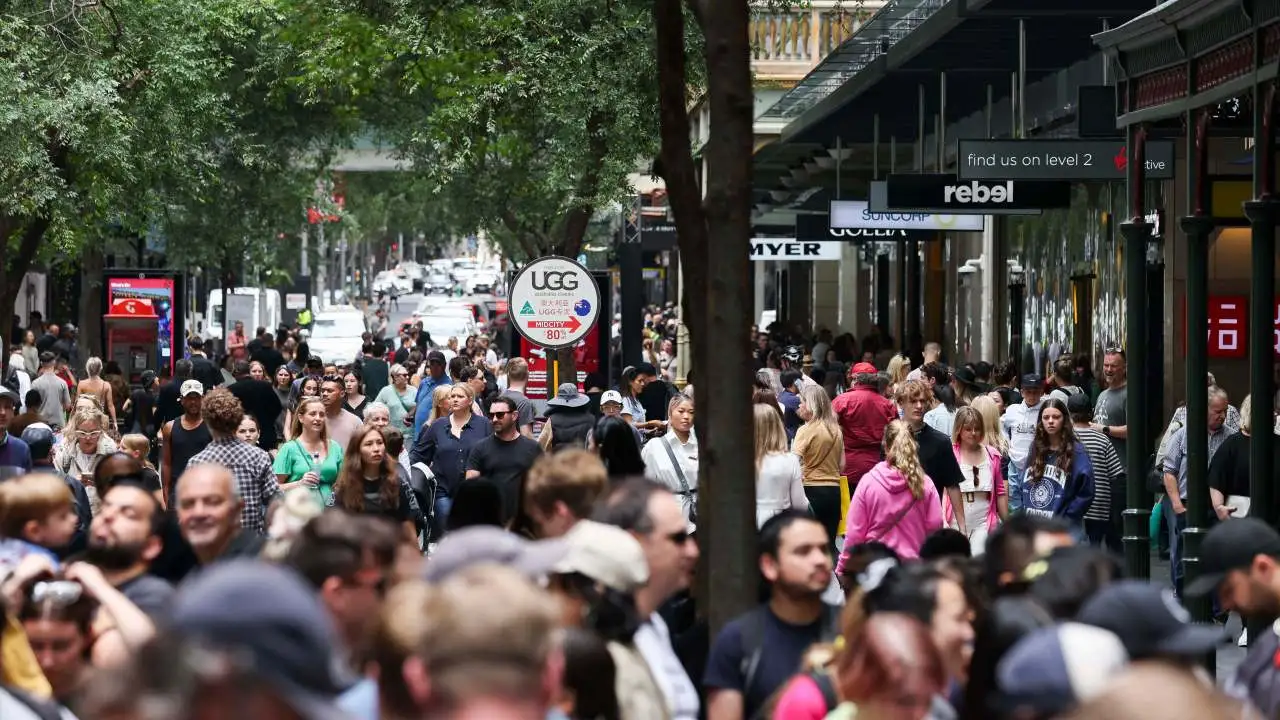Aussies could soon be looking at “lower prices” and core goods deflation as Chinese exporters turn to the Australian market in the midst of a trade war with the United States, a leading economist has predicted.
The Trump Administration placed sweeping tariffs on all nations before temporarily pausing them earlier this month.
However, the US has only increased its levies on Chinese goods to 145 per cent, leading China to hit back with 125 per cent reciprocal tariffs.
Koda’s chief economist Brigette Leckie said the heated trade war could end up benefiting Australia as either nation turns Down Under.
“We could see, and I think we will see, core goods deflation. Lower, lower prices,” Ms Leckie told Sky News’ Ross Greenwood.
“The US is grappling with higher prices… the Barbie dolls are going to double in price.
“But I think we need to take that into context of… the whole globalisation story. That Barbie doll in, say, the 1970s was $600 in today’s terms. That’s gone down to $10.
“So we’re now going to see that going up to $30 in the US… there are going to be some relative winners (and) we are well-placed.”
She noted that while Australia was “well-placed” in the trade war, the nation would have to bolster relations elsewhere amid the heightened uncertainty.
“We’ve got to beef up relations with Europe,” Ms Leckie said.
“Europe is looking better than what it has done in terms of making some structural changes… Europe works well in the crisis.”

Greenwood then warned a flood of cheap imports into Australia could dampen the nation’s local manufacturing sector in a possible downside to the influx of cheaper Chinese goods.
“This is where you get into these winners and losers,” Mr Leckie said.
She also warned against making “rash decisions” as investors are spooked by President Donald Trump’s trade war.
The US President would be looking towards midterm elections in 12 months time and trying to avoid large stock losses and economic decline, Ms Leckie added.
“He’s got 12 months to get through this painful medicine in order to achieve what he’s wanting to,” she said.
“So again, I come back to businesses, just be careful here.
“Don’t panic, don’t knee jerk. There are a lot of moving parts. This is a structural change, not a cyclical one.”
Markets have fluctuated wildly since President Trump’s “Liberation Day” announcements.
The Nasdaq Composite has plunged more than 13 per cent before recovering about nine per cent of this decline, while the S&P 500 has see-sawed about 12 per cent.
Stocks on the ASX 200 have zig-zagged less intensely, falling about two per cent since the tariffs were revealed before the President suspended most of them.


